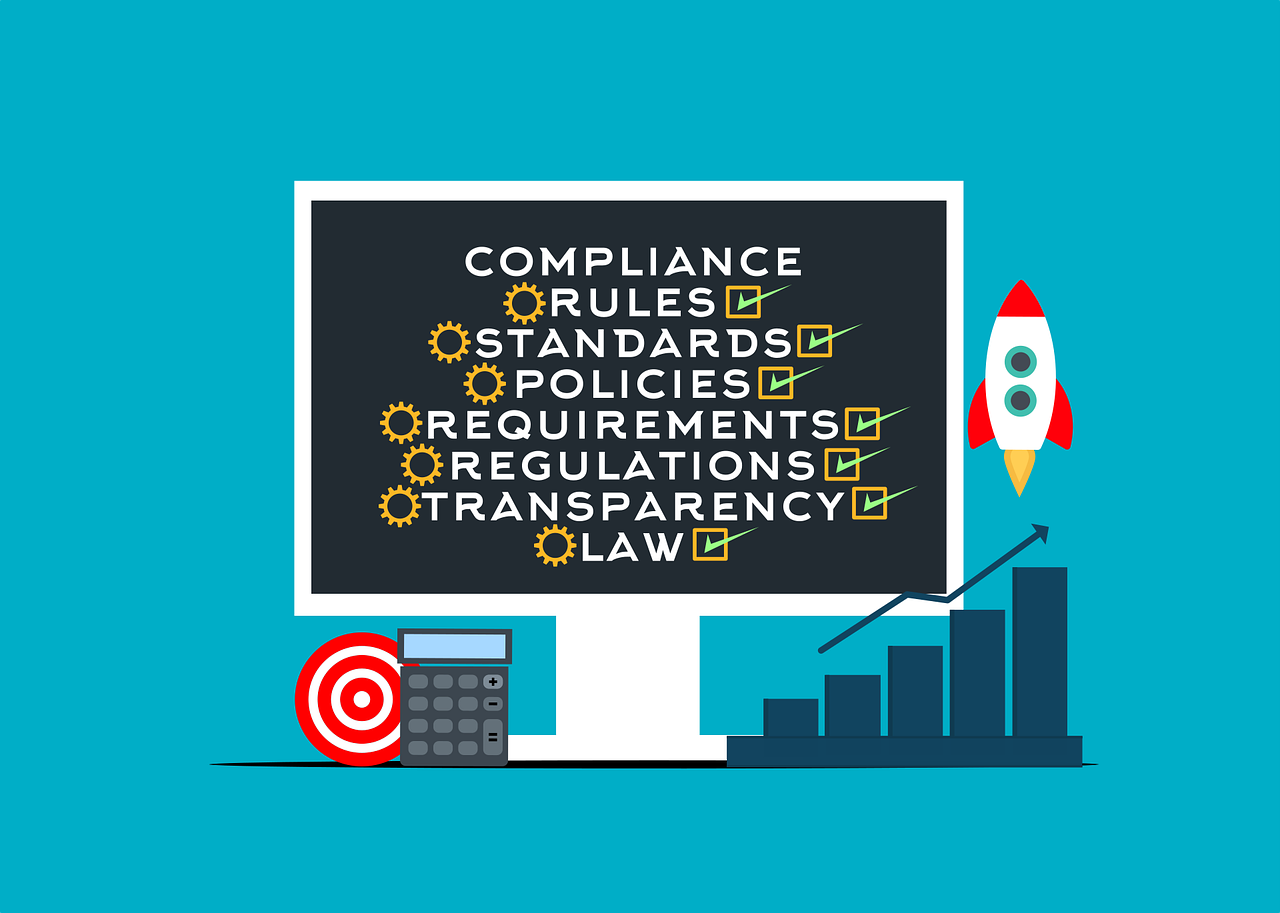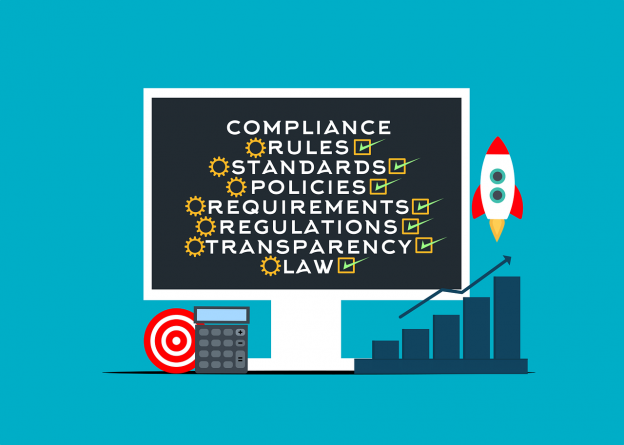In today’s digital age, data collection has become an integral part of business operations and decision-making processes. However, it is crucial for companies to be aware of and comply with the legal requirements surrounding data collection. Failure to do so can lead to severe consequences, including hefty fines and reputational damage. This article will explore the legal obligations that businesses must adhere to when collecting and handling data, providing valuable insights into how companies can ensure they are operating within the boundaries of the law. From understanding consent requirements to implementing robust data protection measures, this article aims to equip business owners and executives with the necessary knowledge to navigate the complex landscape of data collection legal requirements.
Data Collection Legal Requirements
Introduction
As technology continues to advance and the world becomes more interconnected, the collection of data has become an integral part of many businesses’ operations. However, it is important for businesses to understand and comply with the legal requirements surrounding data collection. This article will provide an overview of data collection legal requirements, including the importance of compliance, general legal principles, data protection laws and regulations, consent for data collection, minimizing data collection, purpose limitation, lawful basis for data collection, rights of data subjects, transferring data across borders, security and confidentiality, data breach compliance, enforcement and penalties, as well as frequently asked questions.
Understanding Data Collection
Data collection refers to the process of gathering and storing information, often through various technological means. This can range from personal information collected from customers or employees, to data collected through website analytics or other tracking tools. It is important to understand that data collection can have significant implications for individuals and businesses, which is why legal requirements exist to regulate this practice.

Importance of Data Collection Legal Requirements
Complying with data collection legal requirements is not only essential for the protection of individuals’ privacy rights, but it also helps businesses maintain their reputation and avoid legal consequences. Failing to meet these legal obligations can lead to significant financial penalties, damage to a company’s brand, and even legal action from affected individuals. By understanding and adhering to data collection legal requirements, businesses can demonstrate their commitment to ethical data handling practices and build trust with their customers and stakeholders.
General Legal Principles
When it comes to data collection, several general legal principles apply. These principles include transparency, fairness, purpose limitation, data minimization, accuracy, storage limitation, integrity, and confidentiality. Transparency requires businesses to provide individuals with clear and easily understandable information about the collection, processing, and use of their personal data. Fairness dictates that data collection should not be misleading or discriminatory. Purpose limitation ensures that data is not used for purposes beyond what is originally disclosed to individuals. Data minimization emphasizes the collection of only relevant and necessary information. Accuracy necessitates that businesses keep personal data updated and accurate. Storage limitation dictates that data should only be kept for as long as necessary. Integrity and confidentiality require businesses to implement appropriate security measures to protect personal data from unauthorized access, loss, or damage.
Data Protection Laws and Regulations
Data protection laws and regulations differ from country to country and even within different jurisdictions within the same country. It is crucial for businesses to familiarize themselves with the relevant data protection laws applicable to their operations. Some of the most well-known data protection regulations include the European Union’s General Data Protection Regulation (GDPR), the California Consumer Privacy Act (CCPA), and the Personal Information Protection and Electronic Documents Act (PIPEDA) in Canada. These laws impose certain obligations on businesses, such as obtaining consent for data collection, implementing appropriate security measures, providing individuals with rights over their data, and reporting data breaches.
Applicable Jurisdictions
The legal requirements surrounding data collection can vary depending on the jurisdictions in which a business operates or targets customers. It is essential for businesses to identify the specific jurisdictions where their data collection activities are subject to legal requirements. This includes considering both the physical locations of the individuals whose data is being collected and stored, as well as the locations where the data processing activities take place.

Consent for Data Collection
Obtaining consent from individuals before collecting their data is a fundamental aspect of data collection legal requirements. Consent must be freely given, specific, informed, and unambiguous. This means that individuals should have a clear understanding of what data is being collected, how it will be used, who it will be shared with, and for how long it will be retained. Businesses must also provide individuals with the option to withdraw their consent at any time.
Minimizing Data Collection
Data minimization is an important principle in data collection legal requirements. Businesses should only collect the minimum amount of personal data necessary for the stated purpose. Unnecessary or excessive data collection not only presents privacy risks but also increases the burden on businesses to protect and manage the data.
Purpose Limitation
Data collection should have a specific and legitimate purpose. The data collected should not be used for purposes beyond what was originally disclosed to individuals. Businesses must be transparent and clear about the purpose of data collection and should not collect data that is unrelated or unnecessary for achieving that purpose.
Lawful Basis for Data Collection
In many jurisdictions, businesses are required to establish a lawful basis for collecting and processing personal data. Lawful bases may include consent, the necessity of processing for the performance of a contract, compliance with a legal obligation, protection of vital interests, performance of a task carried out in the public interest or the exercise of official authority, or legitimate interests pursued by the data controller or a third party. It is essential for businesses to identify the appropriate lawful basis for their data collection activities and ensure that it is in alignment with the legal requirements of the jurisdictions in which they operate.
Rights of Data Subjects
Data subjects have certain rights over their personal data, and businesses must ensure that these rights are respected. Common data subject rights include the right to access their personal data, the right to rectify inaccuracies, the right to erasure (also known as the “right to be forgotten”), the right to restrict processing, the right to data portability, and the right to object to processing. Compliance with these rights is crucial for businesses to maintain transparency, fairness, and accountability in their data collection practices.
Transferring Data Across Borders
The transfer of personal data across international borders can pose unique challenges and involves additional legal requirements. Businesses must ensure that they comply with the relevant data protection laws of both the jurisdiction where the data is collected and the jurisdiction where it is transferred. This may involve the use of appropriate mechanisms, such as implementing standard contractual clauses or ensuring that the receiving jurisdiction is deemed to provide an adequate level of data protection.
Security and Confidentiality
Ensuring the security and confidentiality of collected data is paramount. Businesses must implement appropriate technical and organizational measures to protect personal data from unauthorized access, loss, or damage. This includes implementing access controls, encryption, regular data backups, and security incident response plans. Additionally, businesses should establish policies and procedures for handling and storing personal data, as well as providing training to employees on data protection protocols.
Data Breach Compliance
Even with the most robust security measures in place, data breaches can still occur. In the event of a data breach, businesses must have processes and procedures in place to respond promptly and effectively. This includes notifying affected individuals, as well as relevant supervisory authorities, within the required timeframes. Businesses should also conduct thorough investigations to determine the cause of the breach and implement measures to prevent similar incidents in the future.
Enforcement and Penalties
Enforcement of data collection legal requirements varies depending on the jurisdiction. However, non-compliance can result in severe penalties, including substantial fines and other regulatory sanctions. Businesses may also be subject to civil litigation and reputational damage. It is essential for businesses to take data collection legal requirements seriously and prioritize compliance to mitigate these risks.
FAQs
Q: What happens if my business fails to comply with data collection legal requirements?
A: Failure to comply with data collection legal requirements can result in significant financial penalties, damage to your company’s reputation, and potentially legal action from affected individuals.
Q: Are there any laws or regulations that apply to data collection across international borders?
A: Yes, businesses must comply with the data protection laws of both the jurisdiction where the data is collected and the jurisdiction where it is transferred. Additional requirements may apply to ensure adequate levels of data protection when transferring data across borders.
Q: What is the purpose of obtaining consent for data collection?
A: Obtaining consent is crucial in data collection to ensure transparency and give individuals control over their personal data. It is also a legal requirement in many jurisdictions.
Q: How can businesses minimize data collection?
A: Businesses should only collect the minimum amount of personal data necessary for the stated purpose. Unnecessary or excessive data collection increases privacy risks and burdens on businesses to protect and manage the data.
Q: What should businesses do in the event of a data breach?
A: In the event of a data breach, businesses should promptly respond by notifying affected individuals and relevant supervisory authorities. Thorough investigations should be conducted to determine the cause of the breach, and measures should be implemented to prevent similar incidents in the future.
